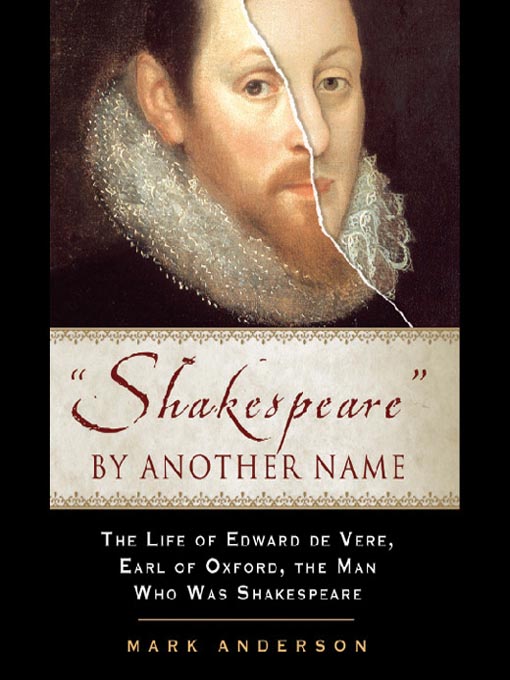Edward de Vere’s life and letters indicate that he was the true author of the works of Shakespeare. Weaving together ten years of research, this biography of the adventurous Elizabethan earl is a triumph of literary detective work.
Actor William Shaksper of Stratford had little education, never left England, and apparently owned no books.How could he have written the great plays and poetry attributed to him? Journalist Mark Anderson’s biography offers tantalizing proof that Edward de Vere, 17th Earl of Oxford—courtier, spendthrift, scholar, traveler, soldier, scoundrel, and writer—was the real “Shakespeare.”
As Anderson reveals, de Vere lived in Venice during his twenties, often in debt to its moneylenders (Merchant of Venice). He led military campaigns against rebellious nobles in Scotland (Macbeth). An extramarital affair resulted in fighting between his supporters and rivals (Romeo and Juliet). And when de Vere was publicly disgraced, he began using the pen name “Shake-speare” and appealed to Queen Elizabeth I through her favorite form of entertainment—the theater.
© 2005 Mark Anderson Recorded by arrangement with Gotham Books, a member of Penguin Group (USA) Inc.


